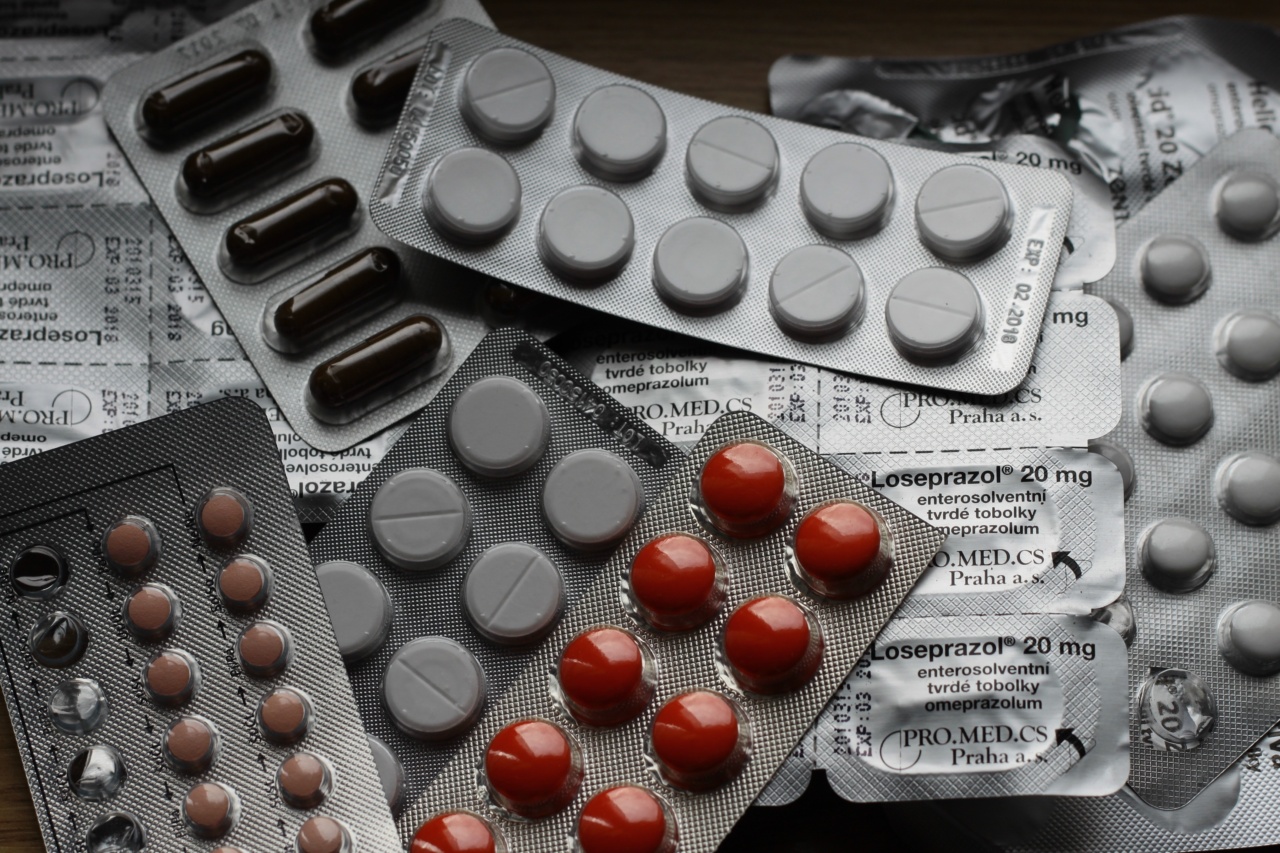Sexual intercourse is often considered an enjoyable and pleasurable experience between two individuals, but for some, it can be accompanied by genital pain.
Genital pain during sexual intercourse, also known as dyspareunia, can have significant physical and psychological effects on individuals and their relationships. Understanding the science behind genital pain during sexual intercourse can help shed light on this condition and potentially lead to effective treatments.
What is Genital Pain during Sexual Intercourse?
Genital pain during sexual intercourse refers to any discomfort or pain experienced in the genital area during penetrative sexual activities. Both men and women can experience this condition, although women are more commonly affected.
The pain can occur before, during, or after sexual intercourse and may be felt in various parts of the genital area, including the vagina, labia, clitoris, penis, or testicles.
Causes of Genital Pain during Sexual Intercourse
Several factors can contribute to genital pain during sexual intercourse. These can be both physical and psychological in nature. Here are some common causes:.
1. Physical Causes:
1.1 Vaginal Dryness: Insufficient lubrication in the vagina can lead to friction during intercourse, resulting in pain and discomfort.
1.2 Infections: Certain infections, such as yeast infections or sexually transmitted infections, can cause inflammation and irritation, leading to pain during sexual activity.
1.3 Endometriosis: This condition occurs when the tissue lining the uterus grows outside of it. It can cause pain during intercourse due to inflammation and scar tissue formation.
1.4 Pelvic Inflammatory Disease (PID): PID is an infection of the female reproductive organs, including the uterus, ovaries, and fallopian tubes. It can lead to pain during intercourse.
2. Psychological Causes:
2.1 Anxiety and Stress: Emotional factors like anxiety and stress can interfere with sexual arousal and lead to genital pain during intercourse.
2.2 Relationship Issues: Problems within a relationship, such as communication difficulties or unresolved conflicts, can contribute to painful sexual experiences.
2.3 History of Sexual Abuse: Individuals who have experienced sexual trauma or abuse may develop psychological barriers that cause pain during sexual activity.
2.4 Body Image Concerns: Negative body image or low self-esteem can affect sexual satisfaction and contribute to genital pain.
Diagnosing Genital Pain during Sexual Intercourse
If you experience genital pain during sexual intercourse, it is important to consult a healthcare professional. They will conduct a thorough examination to determine the possible cause of your pain. This may involve:.
1. Medical History:
Your doctor will ask about your medical history, including any previous surgeries, infections, or sexually transmitted diseases.
2. Physical Examination:
A physical examination will be performed to assess any visible signs of infection, inflammation, or abnormality in the genital area.
3. Laboratory Tests:
Laboratory tests, such as vaginal swabs or blood tests, may be recommended to check for infections or hormonal imbalances.
4. Pelvic Ultrasound:
In some cases, a pelvic ultrasound may be ordered to visualize the reproductive organs and detect any underlying abnormalities.
Treatment Options for Genital Pain during Sexual Intercourse
The treatment for genital pain during sexual intercourse depends on the underlying cause. Here are some common treatment options:.
1. Lubricants:
If vaginal dryness is the cause of pain, using water-based lubricants can help reduce friction during intercourse and alleviate discomfort.
2. Medications:
If an infection or inflammation is causing the pain, medications such as antibiotics or anti-inflammatories may be prescribed.
3. Hormone Therapy:
In cases where hormonal imbalances contribute to genital pain, hormone therapy may be recommended to restore the balance and reduce symptoms.
4. Physical Therapy:
For individuals with pelvic floor dysfunction, physical therapy techniques, such as pelvic floor exercises and relaxation techniques, can help alleviate pain.
5. Counseling:
Psychotherapy or counseling may be beneficial for individuals with psychological factors contributing to genital pain. It can help address underlying issues and improve sexual well-being.
Lifestyle Changes to Manage Genital Pain during Sexual Intercourse
In addition to medical treatments, certain lifestyle changes can also help alleviate genital pain during sexual intercourse:.
1. Communication:
Openly discussing your concerns, desires, and boundaries with your partner can create a safe and supportive environment for sexual activity.
2. Stress Reduction Techniques:
Engaging in stress reduction techniques such as meditation, deep breathing exercises, or yoga can help relax the body and mind before sexual activity.
3. Self-exploration:
Exploring your own body and understanding your preferences and comfort levels can help guide sexual experiences and reduce pain.
4. Sexual Education:
Seeking sexual education and information can empower individuals to understand their own bodies better and communicate their needs effectively.
Conclusion
Genital pain during sexual intercourse can significantly impact an individual’s overall well-being and sexual satisfaction. It is essential to recognize that this condition is not uncommon and can have various physical and psychological causes.
By seeking medical evaluation and discussing concerns with healthcare professionals, individuals can explore potential treatment options and regain control over their sexual experiences. Through open communication, education, and support, individuals can work towards reducing or eliminating genital pain during sexual intercourse, fostering a healthy and satisfying sexual life.




























